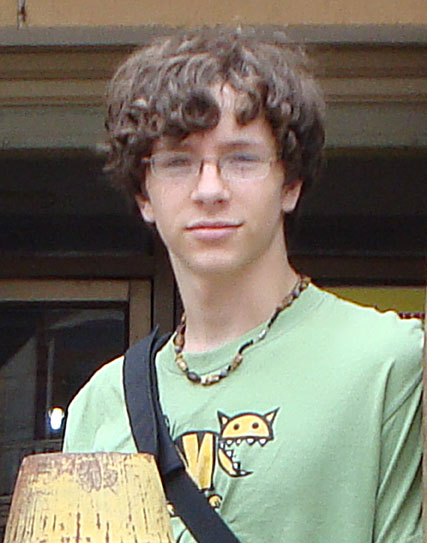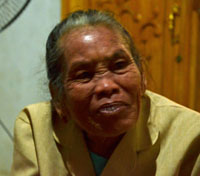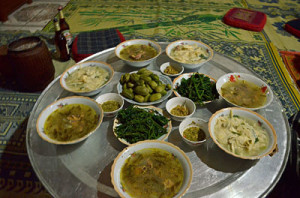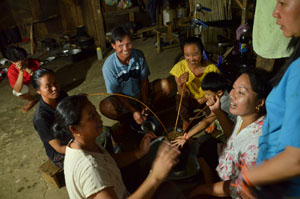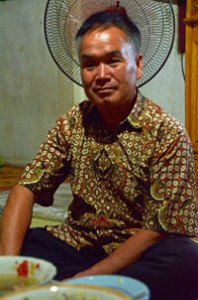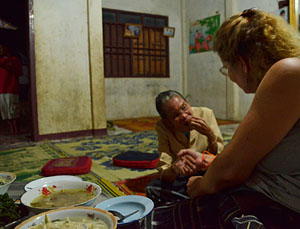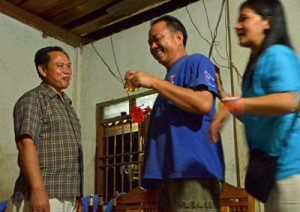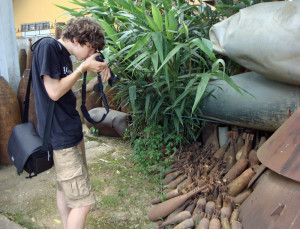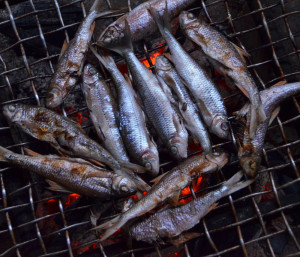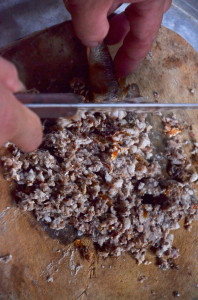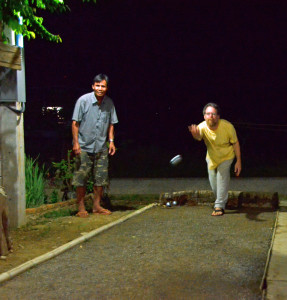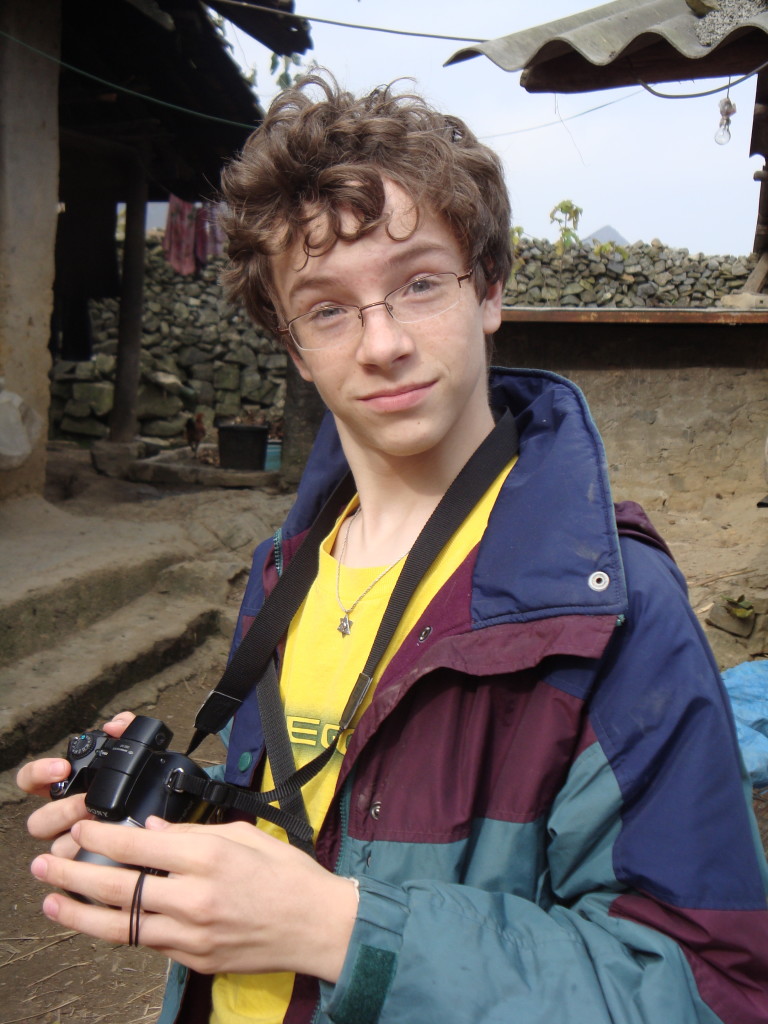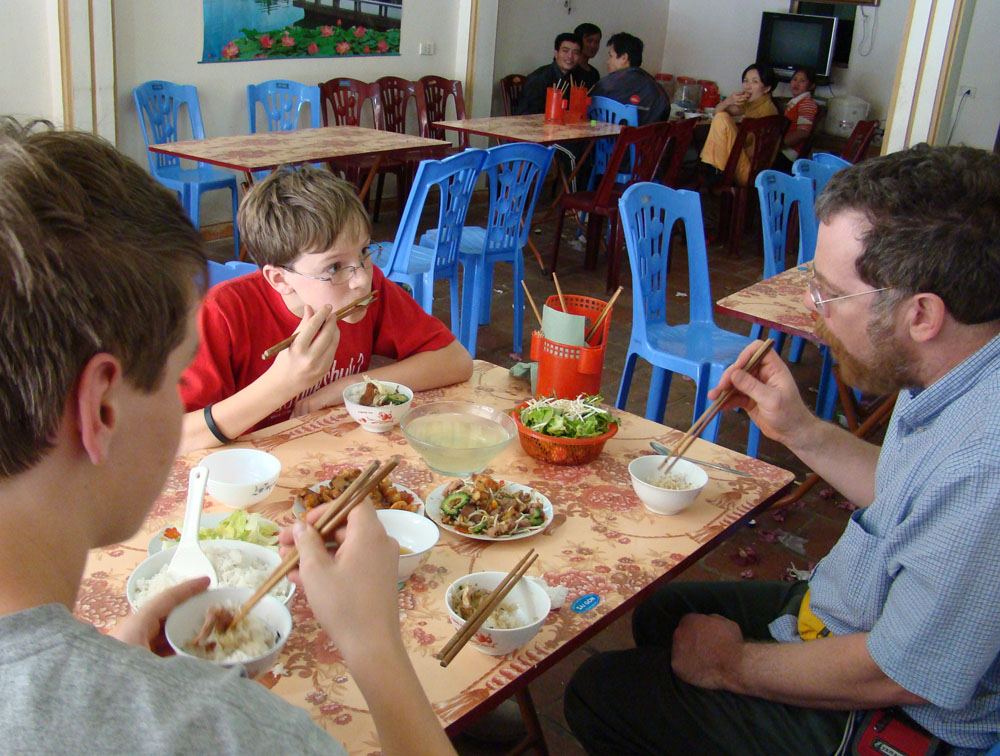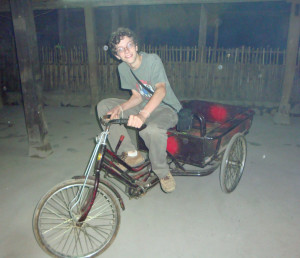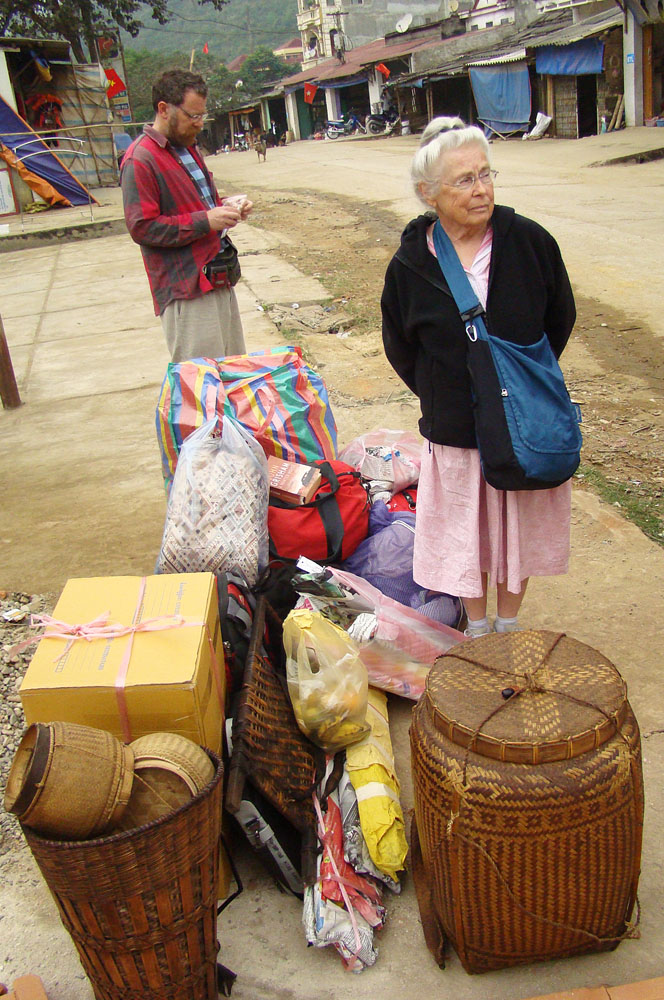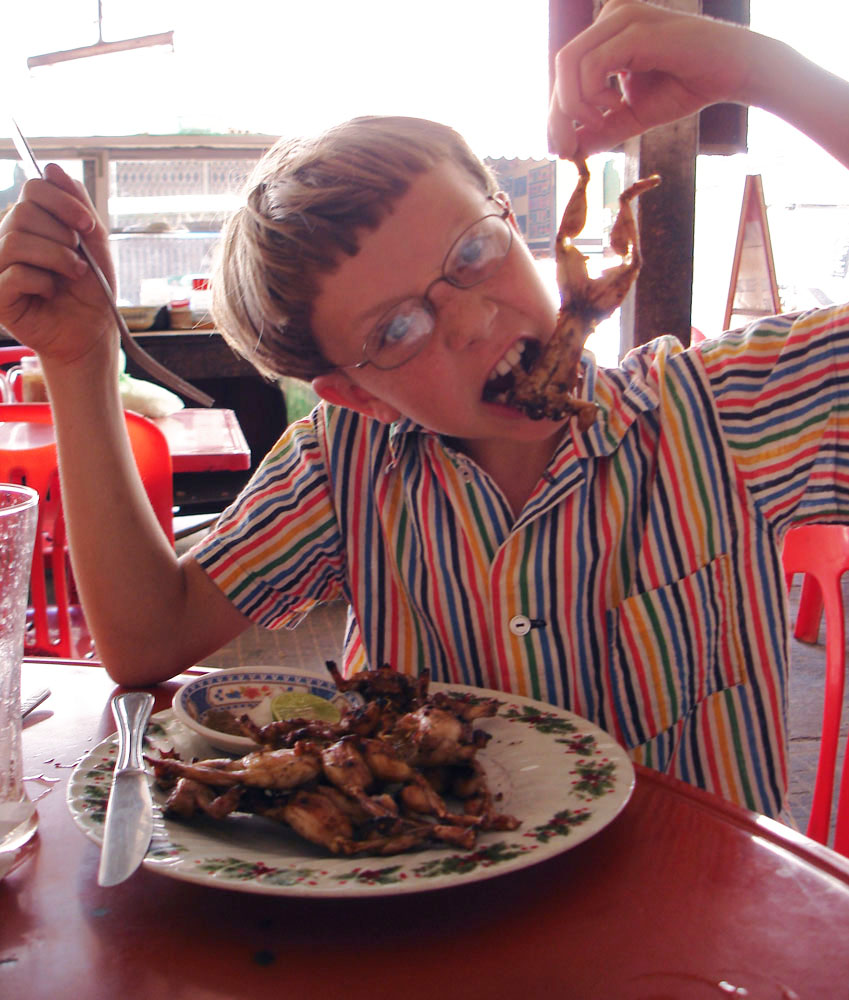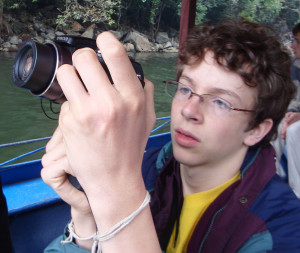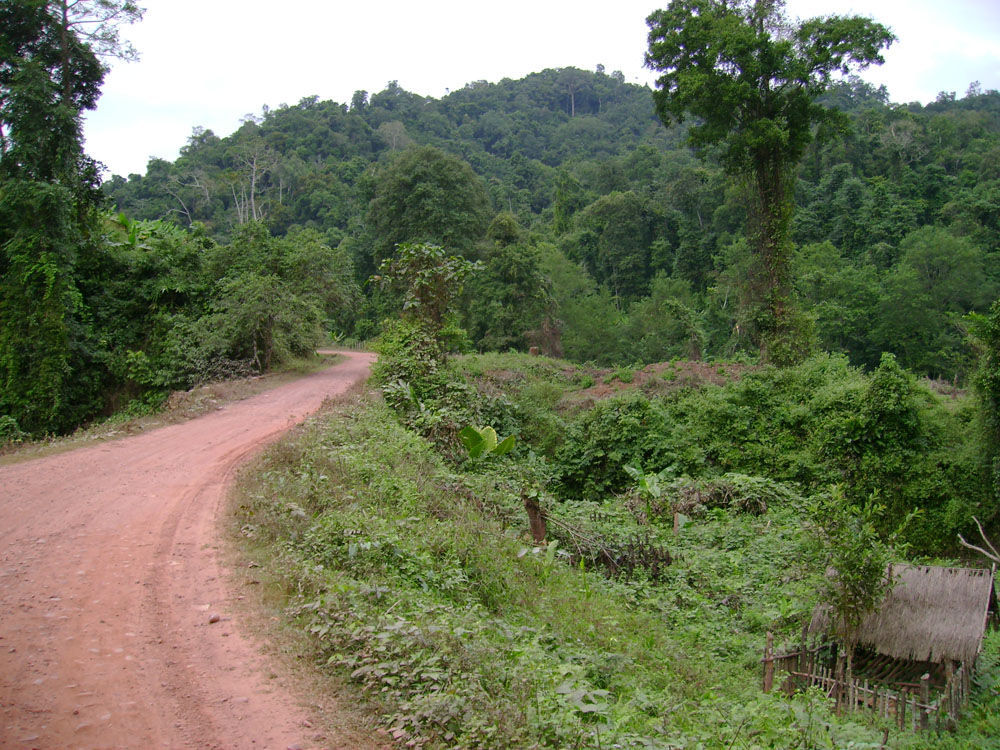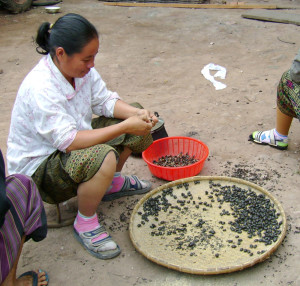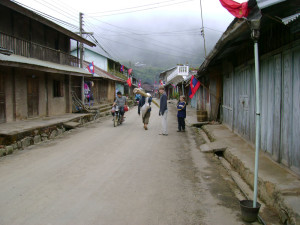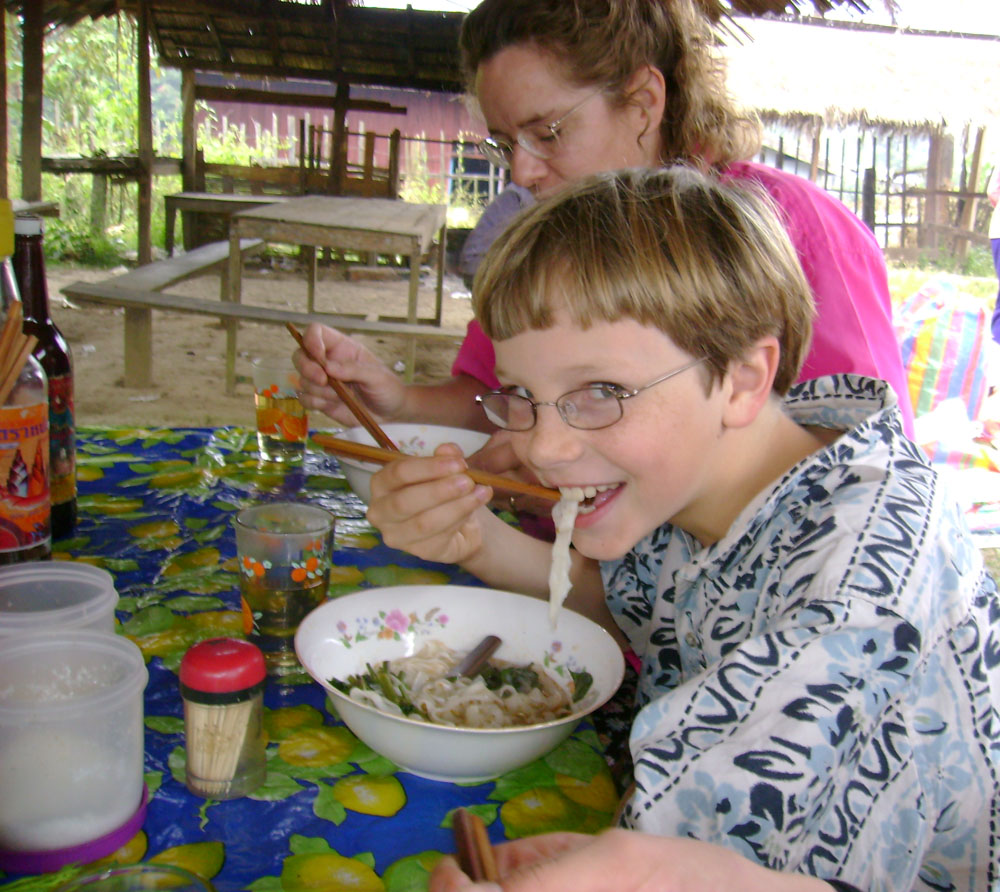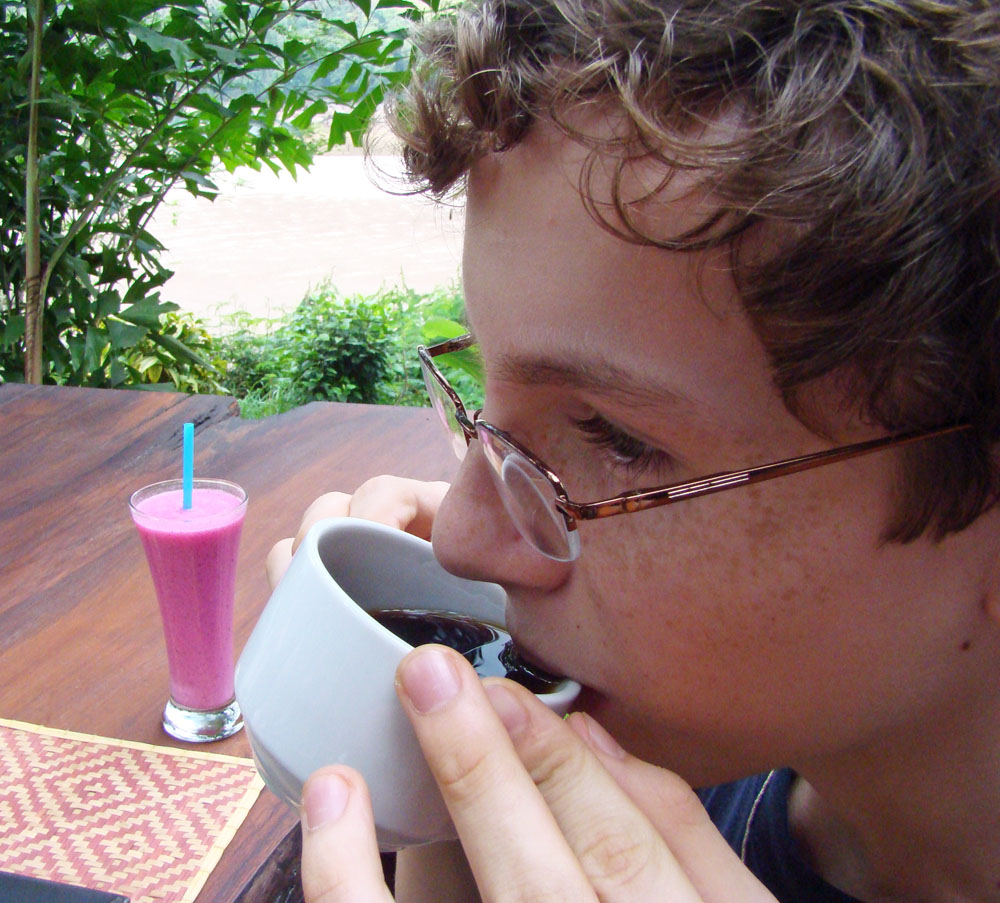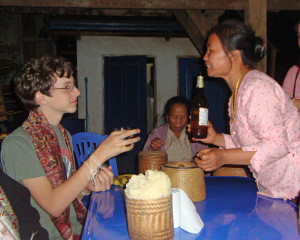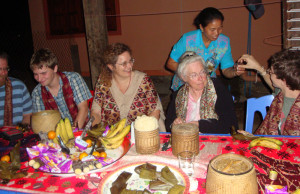Finding a Peak in Cotapaxi, Ecuador
This summer, Zall spent 8-weeks immersed as a volunteer in a small rural village in the Cotapaxi region of Ecuador through the “Amigos De Las Americas” Program (similar to Peace Corps). Living with a local family that only spoke Spanish (and Kichwa), Zall organized and led an after school educational program for kids ages 4-16, organized the construction of a needed school out-building, practiced his Spanish all day every day, and was “wowed” by the beauty of the land and resourcefulness of its inhabitants. Here is a first report:
Two water bottles were filled and contained 2 drops of chlorine each and a vitamin C packet. The two water bottles perhaps made my backpack four times as heavy, but necessary when on an all-day hike at 12,000 feet in the sun. Today was a Tuesday, and that meant that a representative from PLAN* International was in Yanhurco, the town of 600 where I volunteered this summer. On this particular day, a hike was scheduled to a “nearby” ridge where we would sit and talk about today’s PLAN-based topic, sexuality.
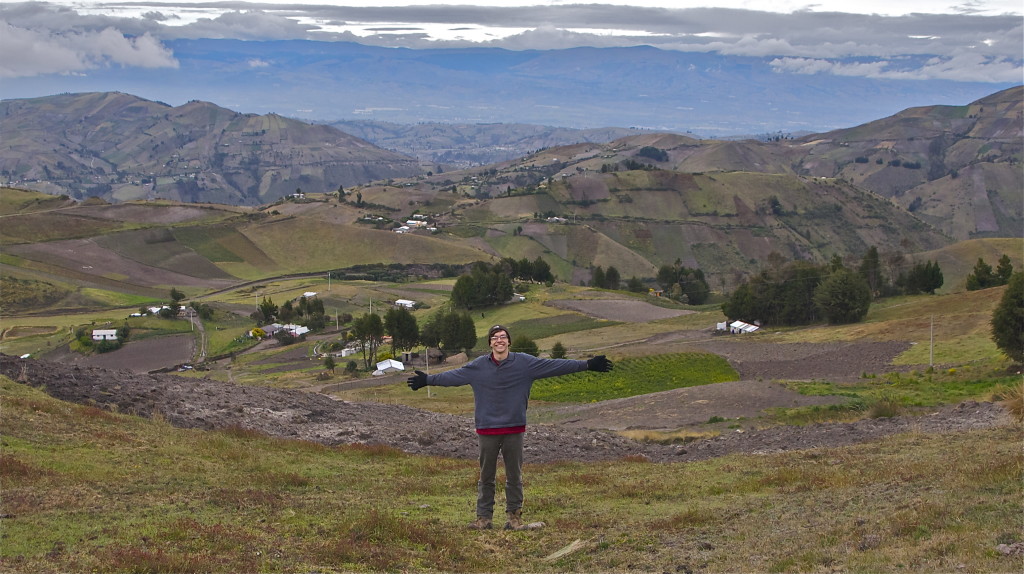
Zall embraces the highland views. He lived at 12,000 feet and, although he was on the equator, he wore gloves every day to fend off the sharp cold and relentless wind.
My volunteer partner, Rachel, met up with me at the scheduled 10 a.m. outside the front gate of the school and, being on Ecuador time, the youth in the community showed up around 11 a.m. and the PLAN representative, Pablo, at around 11:30. Hitching our backpacks of water, we began our ascent on a dusty road winding from the back of the town. It was a rarer day in Yanhurco when the sun split through the sky and bathed us in something other than dust, cold, or wind.
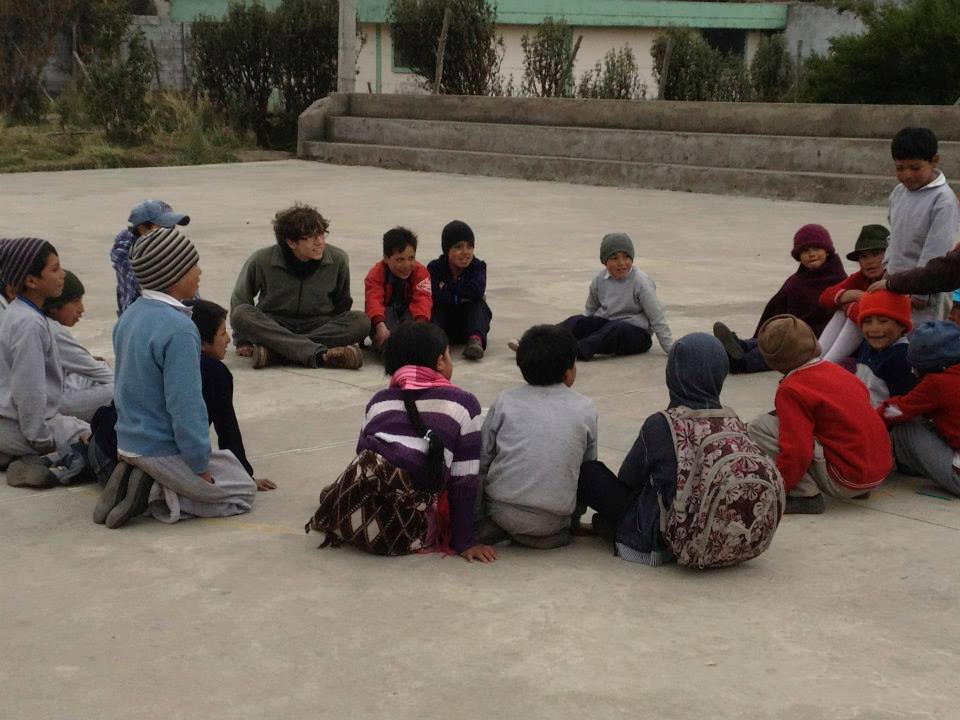
Zall leads his young “campamentos” group in a discussion on the village school’s playground. It was cold every day!
By the first 30 minutes, I was sweating profusely, my face was covered in several layers of dirt and the scenery surrounding me had left a permanent sense of awe that was highly visible on my face. The older youth had all run ahead, but walking at this altitude was a feat by itself.
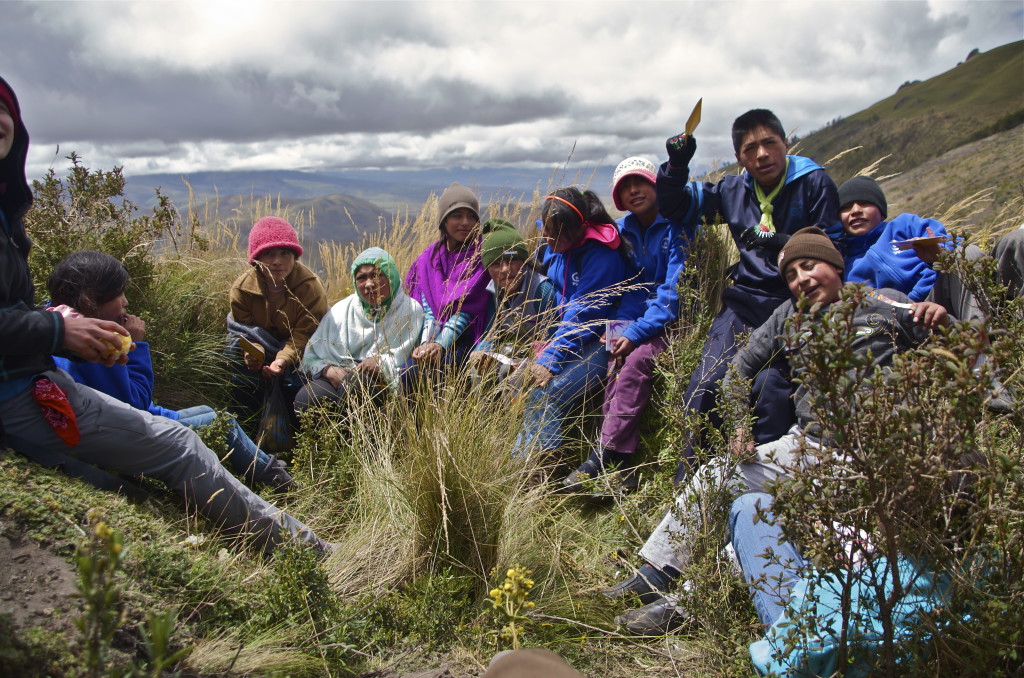
Zall’s “campamentos” group, eating their snack at the walk’s end, just before the talk on relationships and sexuality.
Up and down hills and mountains we went, over streams and through crops for hours. I had just rounded the corner when Pablo looked back at me with a large, childish grin and said in Spanish, “That’s where we’re going to stop!” I followed the direction of his finger and laughed. He had pointed to a large rock on a nearby mountain that seemed at the time like it might have actually been in Peru. My laughed ceased as I realized with utmost dread that he was serious.
And hour or two later, just as my lungs and legs were about to collapse, I fell onto the rock face where we would end our hike for the day. Pablo pulled out a piece of bread for all the youth that had come and I inhaled a liter and a half of water. We all cooled down and the local youth flirted back and forth. As the last bread crumbs were licked off our fingers, Pablo pulled out bracelets and packets of information for everyone as well. The packets were full of useful information about general sexuality, menstrual cycles and pregnancy; the bracelets were black with neon highlights and blazoned on them were the words Habla Serio: Sexualidad Sin Misterios (Real Talk, Sexuality without Mysteries).
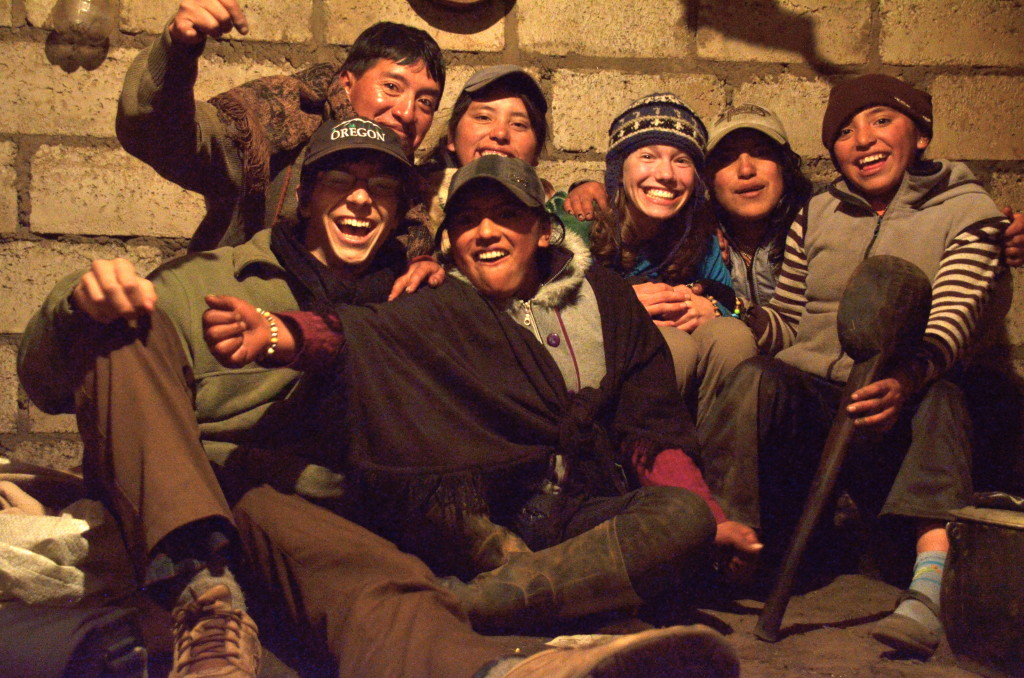
Zall’s homestay family, with the dad behind him. Rachel, in the wool hat, was the other Amigos volunteer immersed in his village.
We didn’t get very far into the talk. Just a few minutes after we received the bracelets, a kid had come down from a higher part of the rock and yelled that he’d found bushes of arándanos (wild blueberries). Thrilled with the news, the twenty kids all ran up the rock and gorged themselves on the small, sweet blueberries.
As we sat on top of this rock, picking blueberries in the midst of Ecuador, I had one of those wonderful travel moments where I realize how unreal a situation is. I was on top of a gigantic rock, hours from any substantial settlement, the wind blowing its usual gale, picking and eating blueberries with Kichwaen youth. That’s what I was doing, really!
By the time that we had filled ourselves, it was time to start the journey back to Yanahurco. There would be plenty of time to finish the talk next Tuesday.
I want to send a big thank you to the Above the Fray fans who donated to the Amigos de las Americas Program to help me afford my volunteer effort. I am confident I made a difference for many people n Yanahurco; I know that these same people made a difference in me I will treasure, and expand upon, in the years ahead. A big thanks also to Amigos de las Americas for the training and set-up so I could be a more effective teacher and community organizer. Mucho gracias!
*PLAN International is a worldwide organization that aims to achieve lasting improvements in the quality of life of deprived children in developing countries.

